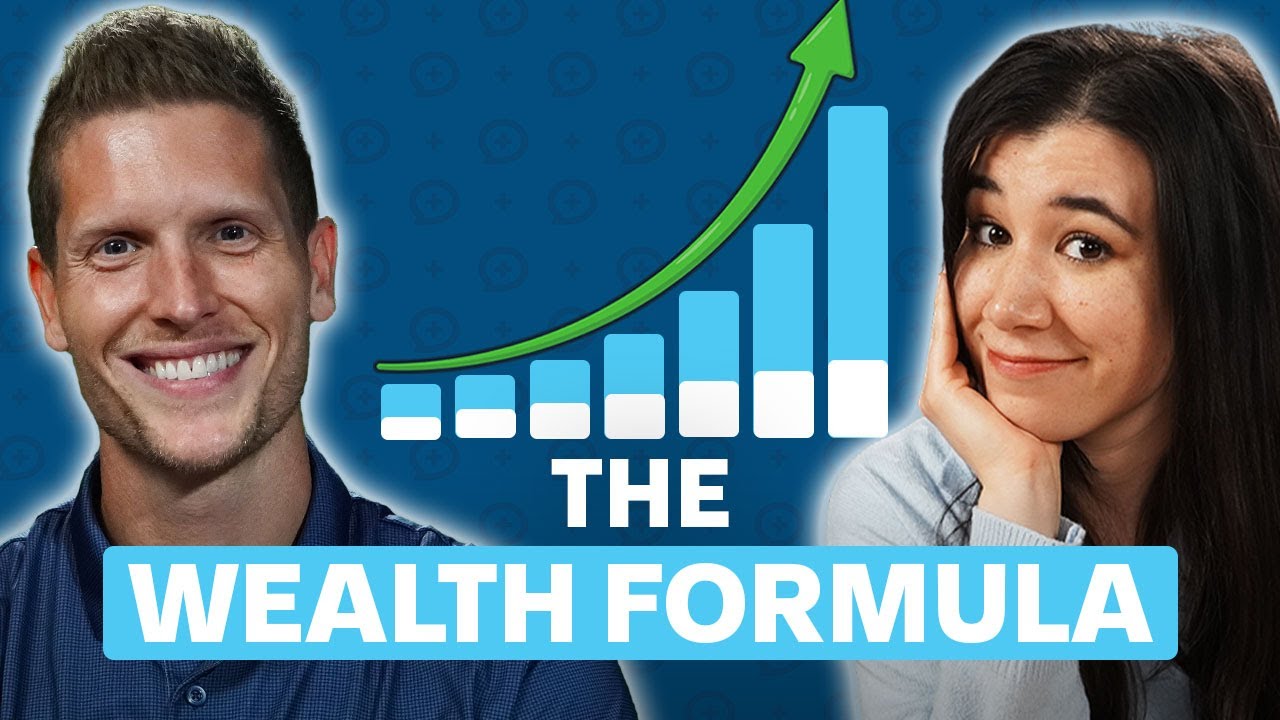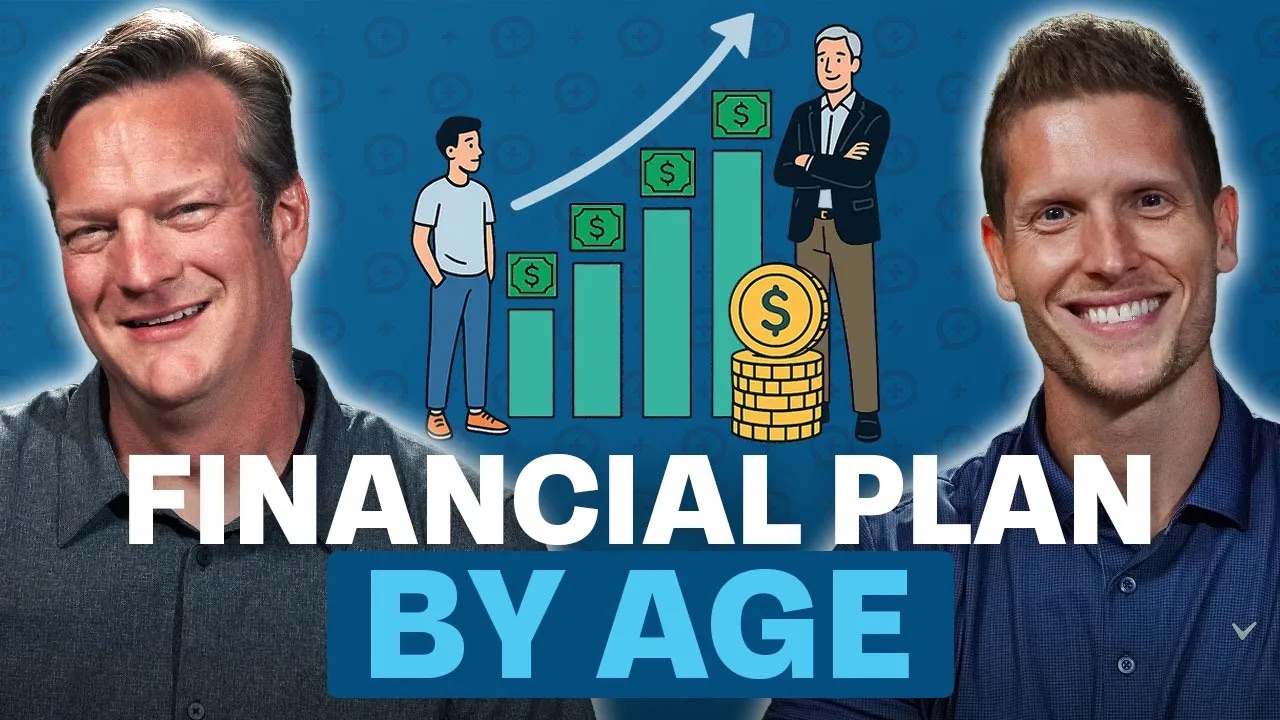We're going to move on to Ruby's question. She says, This is hypothetical, but say I have the money for a 20% down payment on a first home, but I could get a VA loan with zero percent down. Should I put the money down on the house, or should I put it aside for unexpected costs or invest it or something else? Are there any unintended consequences here?
Yeah, this question was a little bit easier a couple of years ago, right when we had mortgage interest rates at like two and a half, two and three quarters, three percent. It was a little bit easier to kind of walk through some mathematics here. Interest rates aren't as kind as they were a couple of years ago. Now we're seeing mortgage rates at five and a half, six and a half, seven percent. So there's a very significant opportunity cost when you think about a down payment. If I put 20% down, that means my payment will be lower. I'll be financing less, and my interest cost will be less. If I put less down, then my interest cost is going to go up, and it's going to go up by whatever my interest rate is. So I have to think through that arbitrage.
Now Ruby, I was tracking with your question really well, Brian, until right there at the end where you said, 'Or should I put some aside so I have some for emergencies?' And contingent, that is one of the number one problems that I see first-time homebuyers make. They get so caught up in getting the down payment and saving all that money that they literally take all of their liquidity, all of their capital, and they try to get this down payment so they can get on the homeownership side of things. And then they get the keys and they walk into their house the first time, and they're like, 'Oh, I've got no cash. I can't put blinds on it. I can't go buy the lawnmower. Uh-oh, what do I do?' I am always a staunch advocate that if you're going to buy a house, you need to have a contingency reserve fund for all the things that come along with homeownership. This may be part of your emergency fund if you have a fully built emergency fund, or it may even be a separate fund for first-time homebuyers for all the things that you didn't know that you didn't know that come along with homeownership.
This is similar to a situation we've seen before, where someone came into a windfall of money. They had the option to put a significant down payment on a house, but they ended up struggling because they didn't have enough cash reserves left for other expenses. It's crucial to have a balance through the financial order of operations. You need to ensure that after buying the house, whether it's with a three percent down payment or a twenty percent down payment, you still have enough money for cash reserves. What if you lose your job in month three after buying the house? You need to have the money to cover that, so it might be three months or six months of living expenses. Additionally, you should consider funding a Roth IRA or similar investment vehicle to start growing your wealth for the future. There are many variables in this situation, and it's essential to go through a system like the
financial order of operations to allocate your money effectively based on your age, goals, and financial situation. For more information, check out our
Home Buying Checklist!













